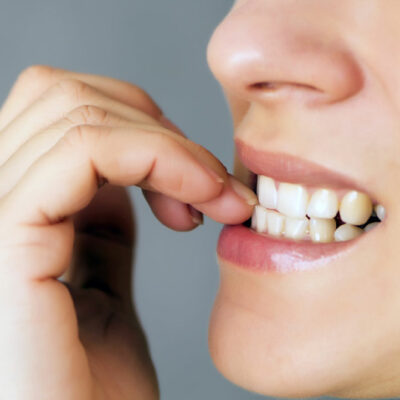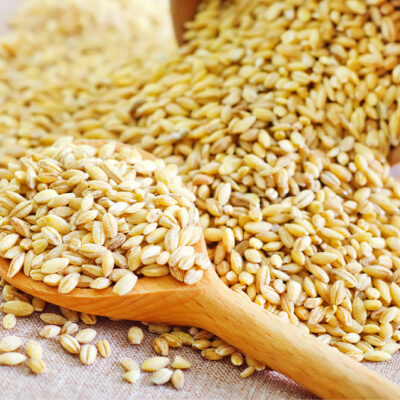
health
3 tips for diabetes management
High blood sugar or hyperglycemia is associated with prediabetes and diabetes. The body generates insulin to manage blood sugar levels. But when the liver produces excessive glucose, and the body makes little insulin or fails to use insulin, it leads to high blood sugar levels. The condition can leave one tired and thirsty, cause blurry vision, and result in the frequent urge to pee. Read on to know some treatment plans for diabetes management: Treatment options for diabetes management Invokana® It is an excellent treatment plan that works in tandem with the proper meal plans and exercise to lower high blood sugar levels in those with type 2 diabetes. Invokana ® also reduces the risk of death from stroke or heart attack. Plus, it helps decrease the risk of end-stage kidney disease and worsening of kidney function. GlucoTrust GlucoTrust promises to help maintain healthy blood sugar levels, reduce one’s craving for sugar and unhealthy foods, and support deep sleep. It also claims to have a formula of all-natural ingredients. However, it is strongly advisable to consult your doctor before opting for supplements like GlucoTrust since it may not bring the desired results in all cases. Kerendia® It is an FDA-approved prescription treatment that aids in lowering the risk of complications in people with Type 2 diabetes.
Read More 








